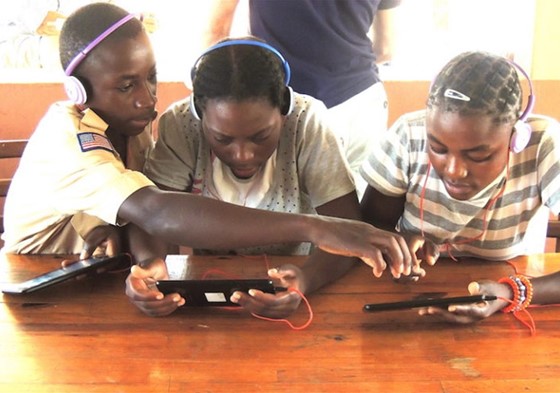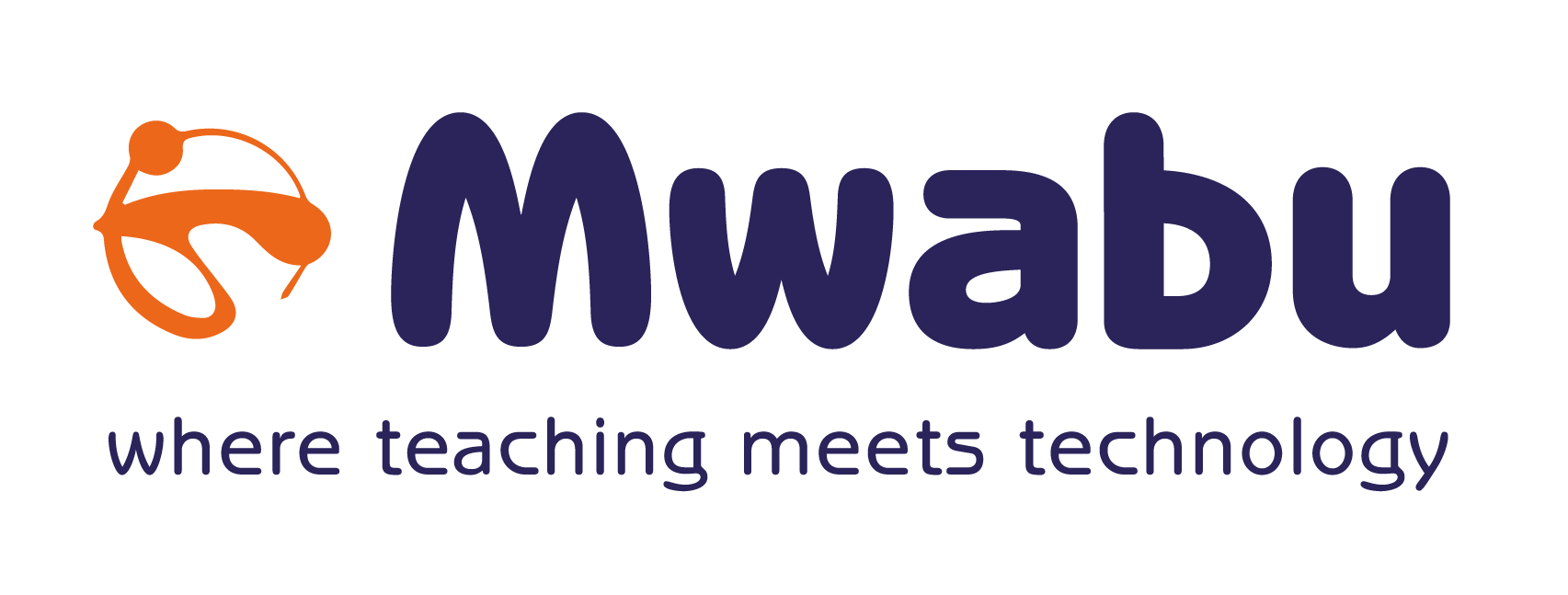
Conservation Lower Zambezi (CLZ) had a school visit of 24 students at camp from the Chinyunyu area recently. This school visit was exceptionally special because it allowed CLZ to pilot its new digital learning content from Mwabu. CLZ has been working with Mwabu on developing a digital curriculum to be accessed via tablets, in order to engage students in different and more technologically advanced methods.
Through Mwabu’s interactive modules, CLZ found that the children were very focused, enjoyed themselves and learnt a lot! The modules will now be used at every school visit and CLZ is aiming to provide student and teacher tablets to all conservation clubs in the 60 schools that are involved in their Environmental Education Programme (EEP).
CLZ’s thriving Environmental Education Programme is aimed at getting communities and future generations to take interest and care about their surrounding wildlife and natural resources. The Lower Zambezi Game Management Area holds over 60 schools and the surrounding ecosystem can only thrive if the community is educated on how they can be involved.
The school visits also involve extracurricular activities like game drives and boat cruises to allow the children and teachers the opportunity to see some of the animals that they learnt about, connecting them in a deeper way to their environment and it’s surrounding wildlife.
This story originally appeared on the CLZ website: https://www.conservationlowerzambezi.org/13-years-of-moulding-and-inspiring/
With thanks to all at CLZ for the amazing work they do!





